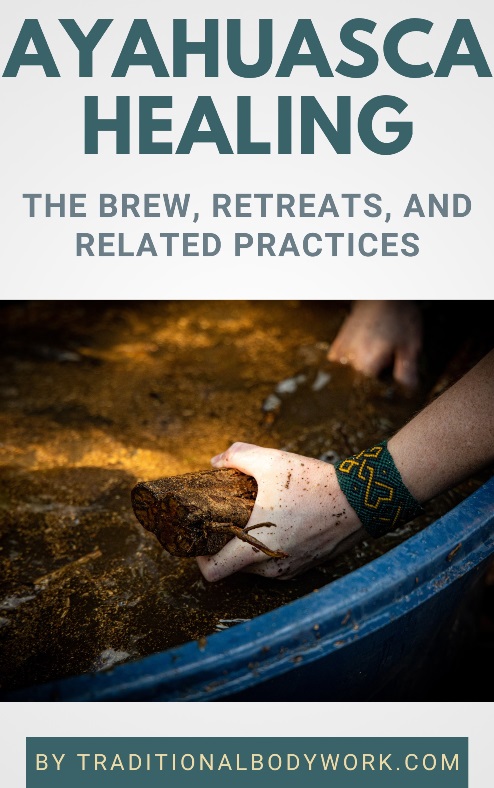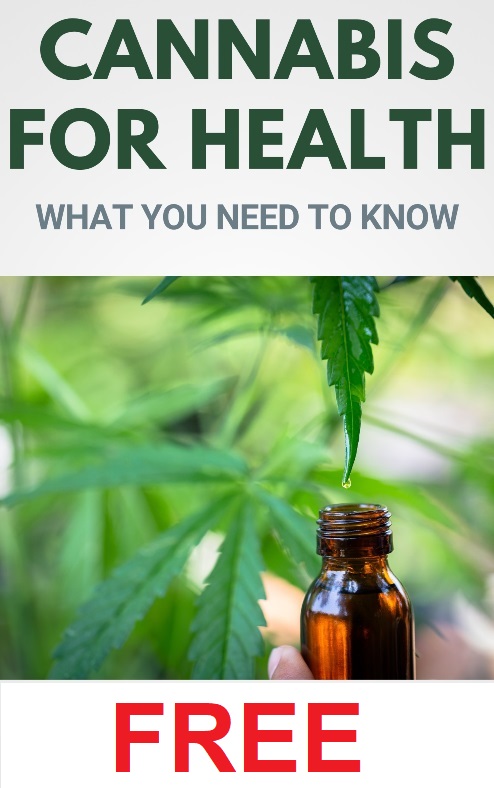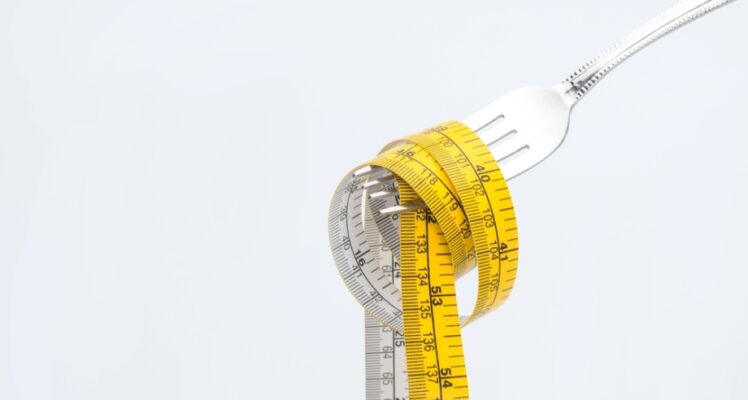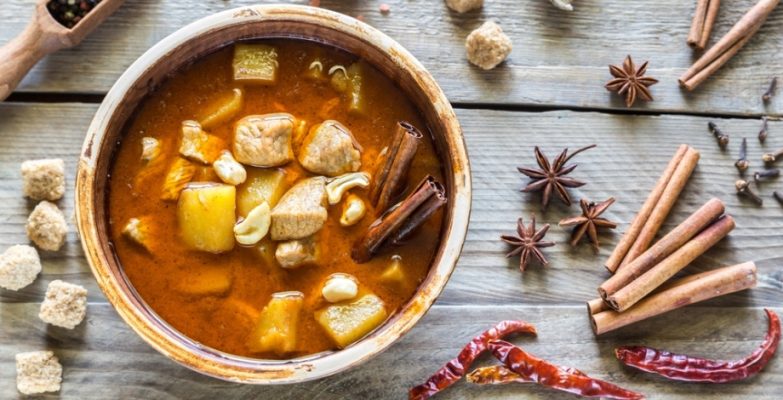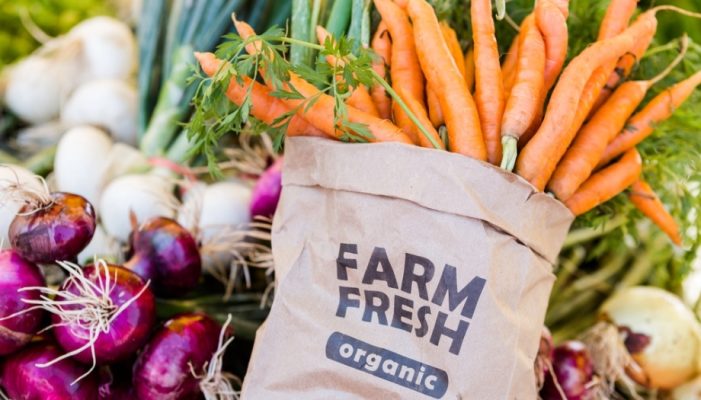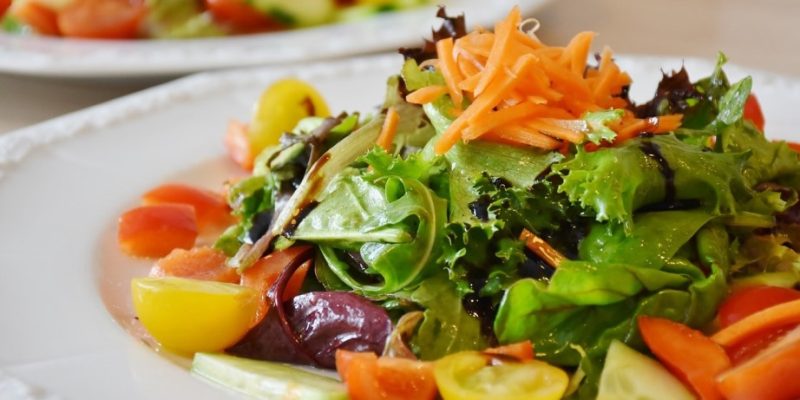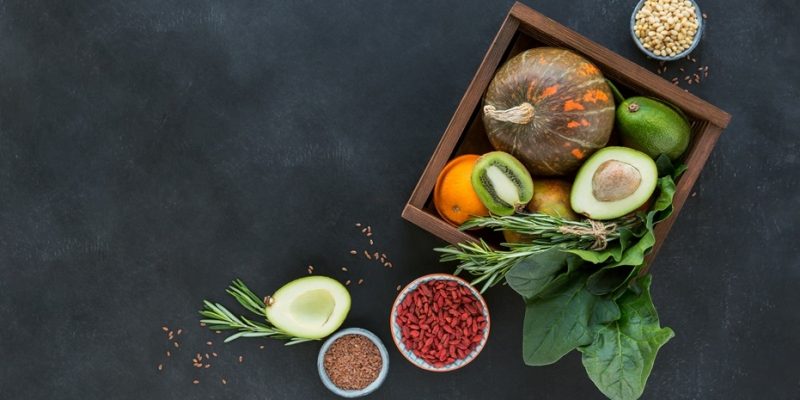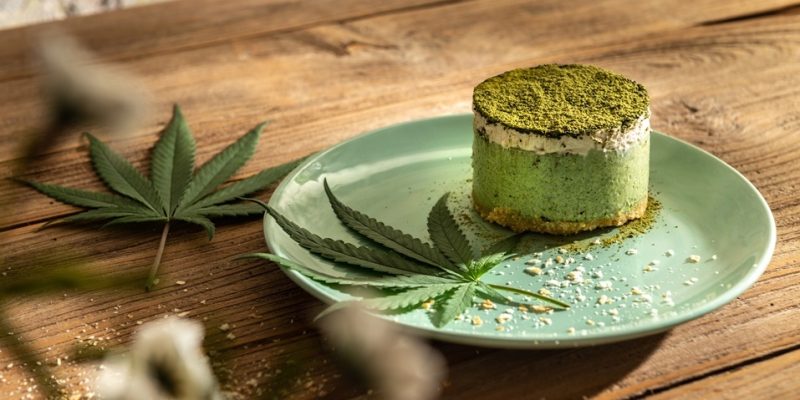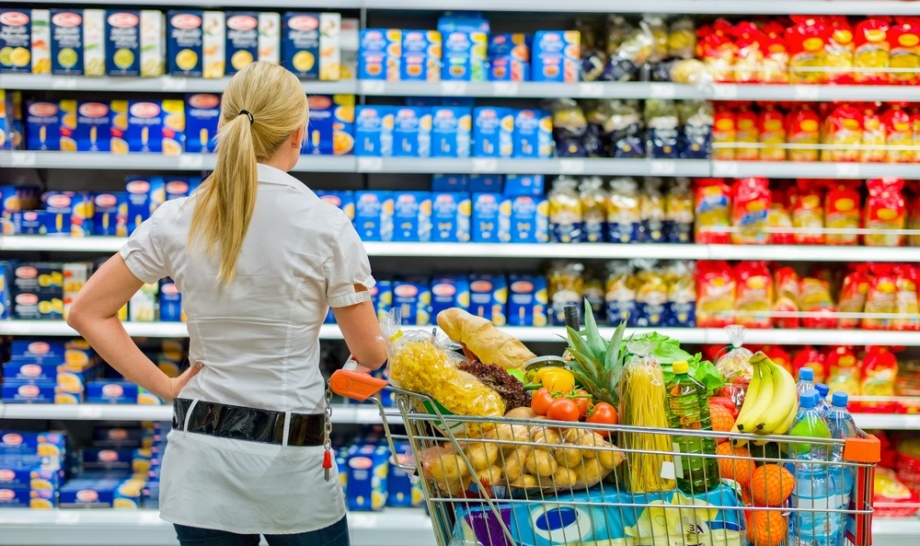
Food is big business. AI and tech are big business too, but food is indispensable for human survival and therefore a safe and often profitable business to get into.
Cheap food and fast food are big business; just look at the Burger Kings of our world. But expensive, high quality food consumed in five star restaurants is big business too, even if the amount that’s served often leaves you hungry.
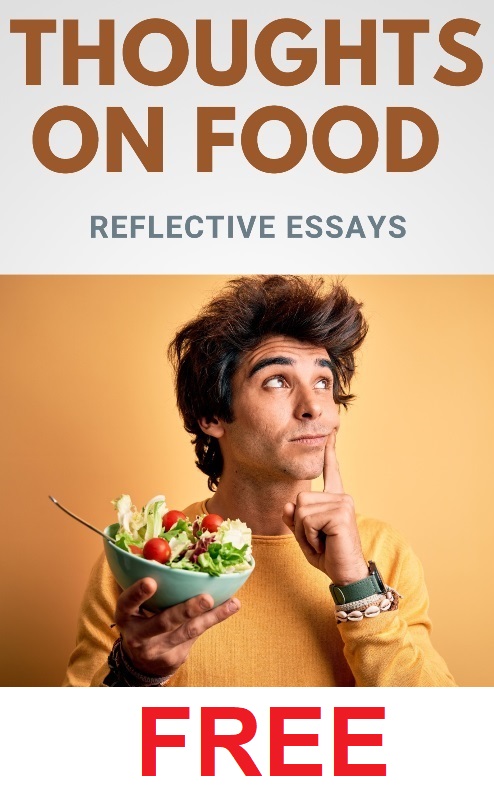
Research shows that ultra-processed food — typically high in additives, calories, unhealthy fats, added sugars and salt, but low in fiber, vitamins, and minerals — tends to be less filling. Ultra-processed foods are often deliberately engineered like that and can lead to overeating, as well as to addiction because of increased palatability, convenience, accelerated digestion, and specific hormonal and neurological signals. Well, that’s all very good business for those who produce, sell, and resell it.
Food is such big business that entire countries have been deforested to plant crops for human consumption and for livestock, the latter producing meat, milk, wool, eggs, and such. It leaves countries and regions grappling with reduced biodiversity, disrupted water cycles, soil degradation, and an increase in natural disasters. Yet, paradoxically, these effects likewise create new business. Big business.
Brazil is the largest producer of coffee and soybeans, but coffee, soy milk, and soy sauce are more expensive in Brazil than in the countries they’re exported to. That’s unfair and incomprehensible for the average Brazilian, but as it’s big business for big Brazilian farmers, well, who cares?

Overproduction of food may lead to massively dumping large parts of yields just to keep prices high and growing crops or raising livestock economically feasible. Although there are often economically valid reasons to do so, it still doesn’t feel good. Yet, to keep the business running, that’s the business we go about.
In the Netherlands, it’s said that the one sure thing to get into is food. No matter what the economic circumstances are, crises or not, people need to eat. There’s always a market for food. When money is tight, we go for cheap food and promotions, and when we’re loaded we indulge ourselves in high-quality, high-priced products. Food sells, always.
The global agrifood system is defined as “all activities, equipment, and people involved in producing, processing, distributing, and consuming food and other agricultural products.” It employs over 1.2 billion people, with 850 million in primary agriculture and 375 million in related jobs such as food processing, restaurants, and supermarkets.
In fact, almost 4 billion people live in households linked to the agrifood system. It means that the food economy is directly or indirectly the business of half the world’s population.

Since 2020, lots of food prices have risen sharply due to a combination of factors, including droughts and floods in major growing regions, increased global demand, military conflicts, and economic pressures like higher import tariffs, higher shipping costs, rising fertilizer costs, and inflation.
Paradoxically, large producers often profit from this situation and become richer, a stark contrast to the many small and medium-sized producers who have gone bankrupt. In addition, the “people,” the 8 billion globally, need to pay more for food. That’s all the law of food business too.
Anyway, food is everybody’s business, even if it’s only to buy and consume it. It’s business as usual, but one with unusual characteristics.


